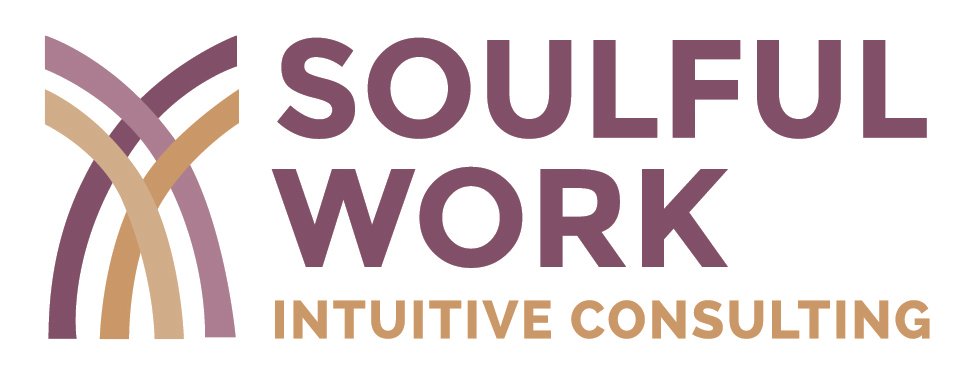How To Live a Peaceful Life
/I know… we get tired of trying so hard sometimes. Sometimes it feels like it shouldn’t take so much effort just to function in this world. But, just like we maintain our bodies by eating healthy food, brushing our teeth and taking showers, we also must maintain our minds.
Earth is a tough place to live. We have not been taught how to get control of our minds. It’s very sad, but it’s true. Instead, we have actually had our minds used against us.
But let’s not dwell on that too much. Given that we have grown up in a dysfunctional system, we are now in the process of repairing ourselves. This means that we must begin a new habit of managing our tendency to go to the negative. Did you know that, according to some research, at least 70% of our thoughts every day are negative? For whatever reason, our minds naturally tend to look for the worst-case scenario.
If we never brushed our teeth, our teeth would start to rot. The same is true with our minds. If we don’t clear out the thought chatter, our minds can also start to deteriorate. Do you know what it feels like when the negativity starts to take over and spread through every aspect of life? Like tooth decay, it’s not fun.
But brushing your teeth takes only about 2 minutes in the morning and 2 minutes in the evening. What if you started by quieting your mind for the same amount of time, every day? It’s really much simpler than we make it out to be, isn’t it? Yes, of course, regular meditation for longer is ideal, but 5 minutes of stillness is still going to help you immensely.
And if you’re still not convinced, here’s what others say about meditation:
Meditation practice is associated with decreased levels of psychological distress, such as less anxiety, anger, depression and worry.
Studies have found that the brain actually changes with meditation. (Psychiatry Research: Neuroimaging, January 30, 2011 with Massachusetts General Hospital researchers).
Many other studies have been done showing positive changes in overall well-being, such as improvements in serious mental health conditions (Baer, 2006) and better focus/concentration (Tang et al., 2007).
So where to go from here? Here are some suggestions on how to integrate mindfulness into your life:
We often just don't remember to quiet our minds in our busy lives! Here are some more ideas on ways you can remind yourself to prioritize meditation in your life.
View challenges in life as opportunities to practice being present and developing patience. Tell yourself, “I’m doing the best I can each day.” Remember that working harder isn’t better. You can actually work less and get more done with mindfulness.
Carve out 2-5 minutes (or more, ideally) to quiet your mind in the morning.
Walk or drive mindfully. Try driving with no radio and bring awareness to your breath and your surroundings. Mindfully breathe at stoplights or listen to the sounds around you. Smile!
When tempted to needlessly check email/social media, wait 5 seconds before checking your phone. See if the impulse passes. Try telling yourself that “just for today” you are going to try to just be with yourself and on not your phone.
Post “trigger cues” to remind yourself to pause – something that feels good when you see it, like “breathe”). Use downtime to pause as a “mini-meditation.” When the thought occurs to you to pause, do it!
Pause regularly during your day (stop for 1 minute every hour) to observe your body and relax any tense areas. Take three deep, diaphragmatic breaths. Go for short 3-minute walks. Stand up and stretch at your desk when you’re at work.
See if you can do just one task at a time (multitasking doesn’t work!) and give yourself the full amount of time needed to complete the tasks, avoiding distractions when possible.
Be mindful of your communication with others, making eye contact. Are you listening fully without interrupting? Try being sensitive to others moods, remembering that, regardless of what they do, that they too are just trying to be happy, just like you!
At the end of the day, review your day and note what you accomplished and felt good about. Write down what you’d like to work on tomorrow and prioritize the important items. This gets it out of your head!
It’s the accumulation of these little moments that add up to big changes in reducing stress and bringing about a sense of contentment, calm and peace at work and in every aspect of life!
[Get some support in beginning your new mindfulness practice with a $10 online course, Quiet the Noise in Your Head, and a free 20-minute call with Rachel!]


